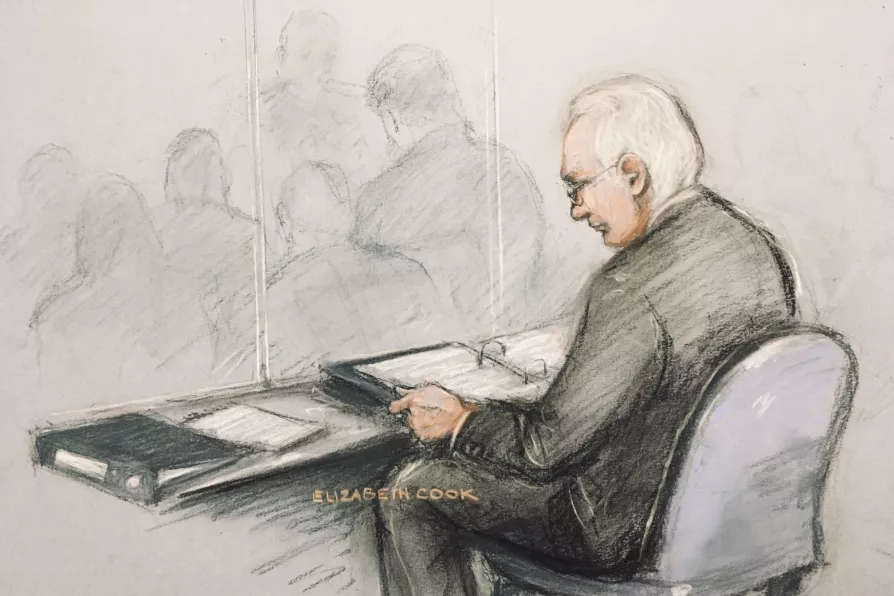The selection, analysis and interpretation of historical ‘facts’ always takes place within a paradigm, a model of how the world works. That’s why history is always a battleground, declares the Marx Memorial Library

 A court artist sketch of Julian Assange
A court artist sketch of Julian Assange
WHEN Julian Assange emerges from the tunnel connecting Belmarsh prison with Woolwich Crown Court this morning it will be his first public appearance since May 2019. Then, Judge Deborah Taylor sentenced the Wikileaks founder to 50 weeks in prison for violating his bail conditions in 2012. Today starts in earnest his fight against extradition to the United States and a potential 175-year jail sentence.
The hearings promise to set precedent for the extraterritorial reach of US justice, and the potential prosecution of those who publish leaked US government information. Also likely are fresh revelations about the geopolitical reach of the Wikileaks saga.
Already, in a preparatory hearing last week it was alleged that an emissary for Donald Trump offered Assange a pardon. The suggested condition was that the Wikileaks founder rule out Russian involvement in the publication of Hilary Clinton’s emails. Their appearance, late in the 2016 US presidential election, proved timely for the Trump campaign. The White House has subsequently denied that it authorised the offer of a pardon.

Groups are urging the US government to secure the 16-year old’s release as his mental and physical health decline dramatically after nine months inside Ofer prison, writes LINDA PENTZ GUNTER

The heroism of the jury who defied prison and starvation conditions secured the absolute right of juries to deliver verdicts based on conscience — a convention which is now under attack, writes MAT COWARD

ANSELM ELDERGILL examines the government’s proposals to further limit the right of citizens to trial by jury











